12 GPTs for Cloud Automation Powered by AI for Free of 2025
AI GPTs (Generative Pre-trained Transformers) for Cloud Automation are advanced tools designed to automate and manage cloud computing services and infrastructure. Leveraging the power of machine learning and natural language processing, these GPTs can interpret, execute, and manage a wide range of cloud-related tasks. They are pivotal in optimizing cloud operations, reducing manual workload, and enhancing efficiency by automating deployment, scaling, and management of cloud resources. Their adaptability and learning capabilities make them particularly relevant for dynamic cloud environments, providing tailored solutions for both routine and complex tasks.
Top 10 GPTs for Cloud Automation are: PowerShell Pro,CDK,AWS GPT,DevOps Assistant,Automation Advisor,Network Ace,TerraGuide,Serverless Framework Agent,OOS运维模板顾问,Kubernetes Terraformer
PowerShell Pro
AI-powered PowerShell for cloud automation
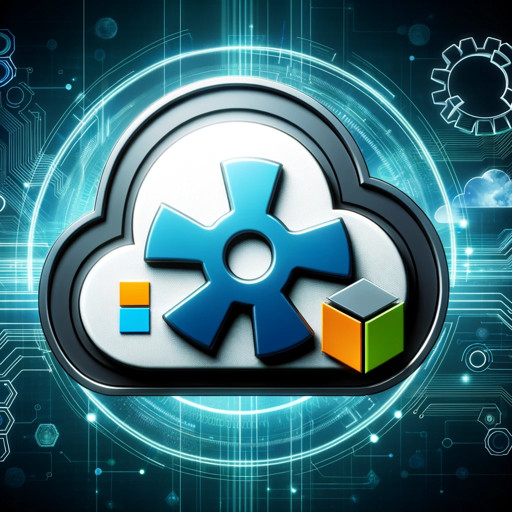
CDK
Build and deploy cloud infrastructure effortlessly.

AWS GPT
Empowering Cloud Solutions with AI
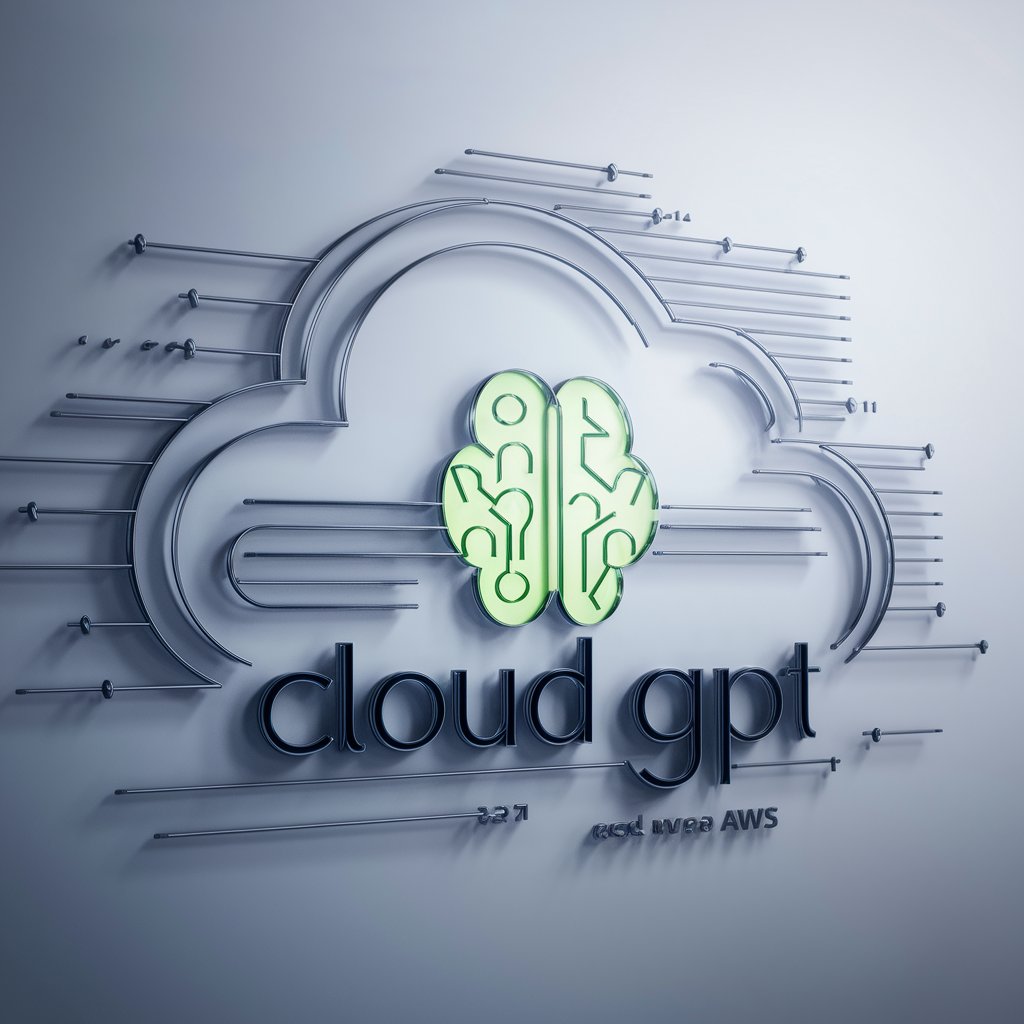
DevOps Assistant
Empowering DevOps with AI Intelligence
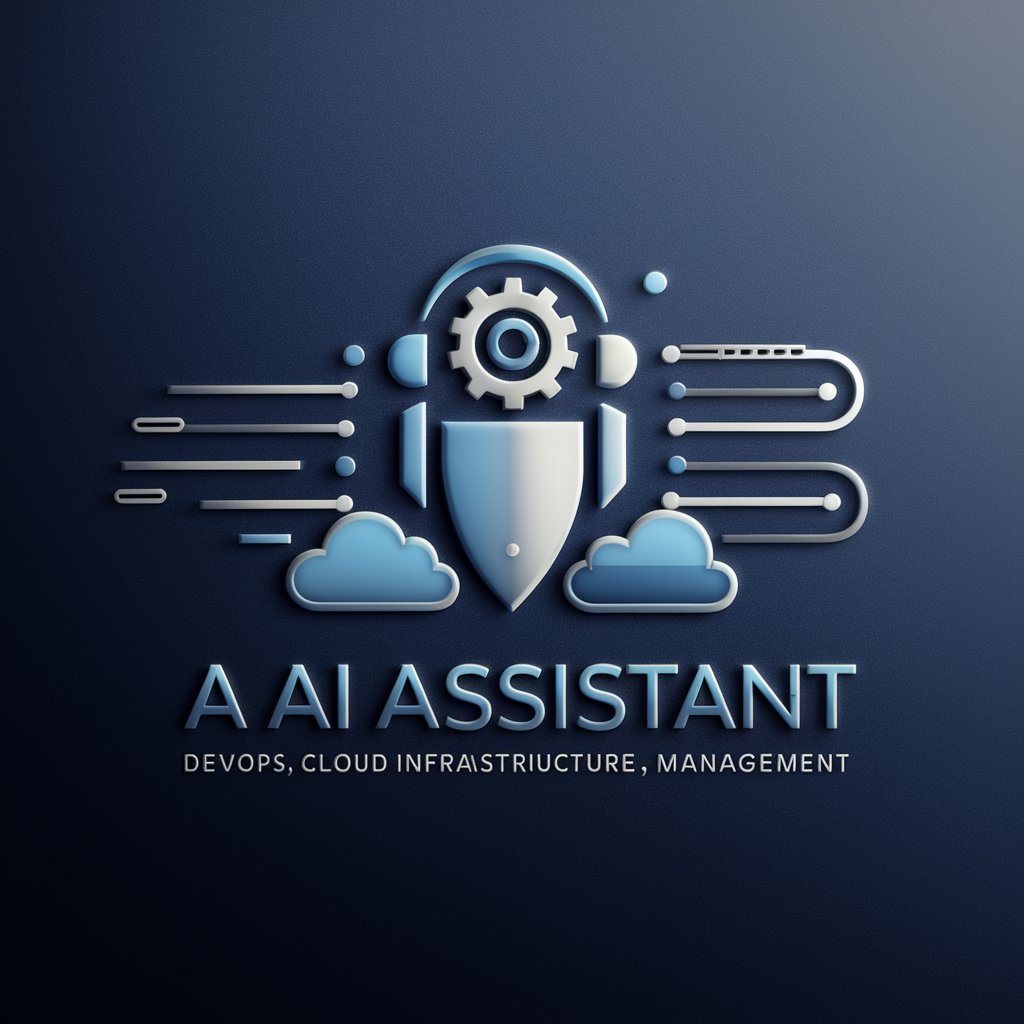
Automation Advisor
Streamlining IT workflows with AI
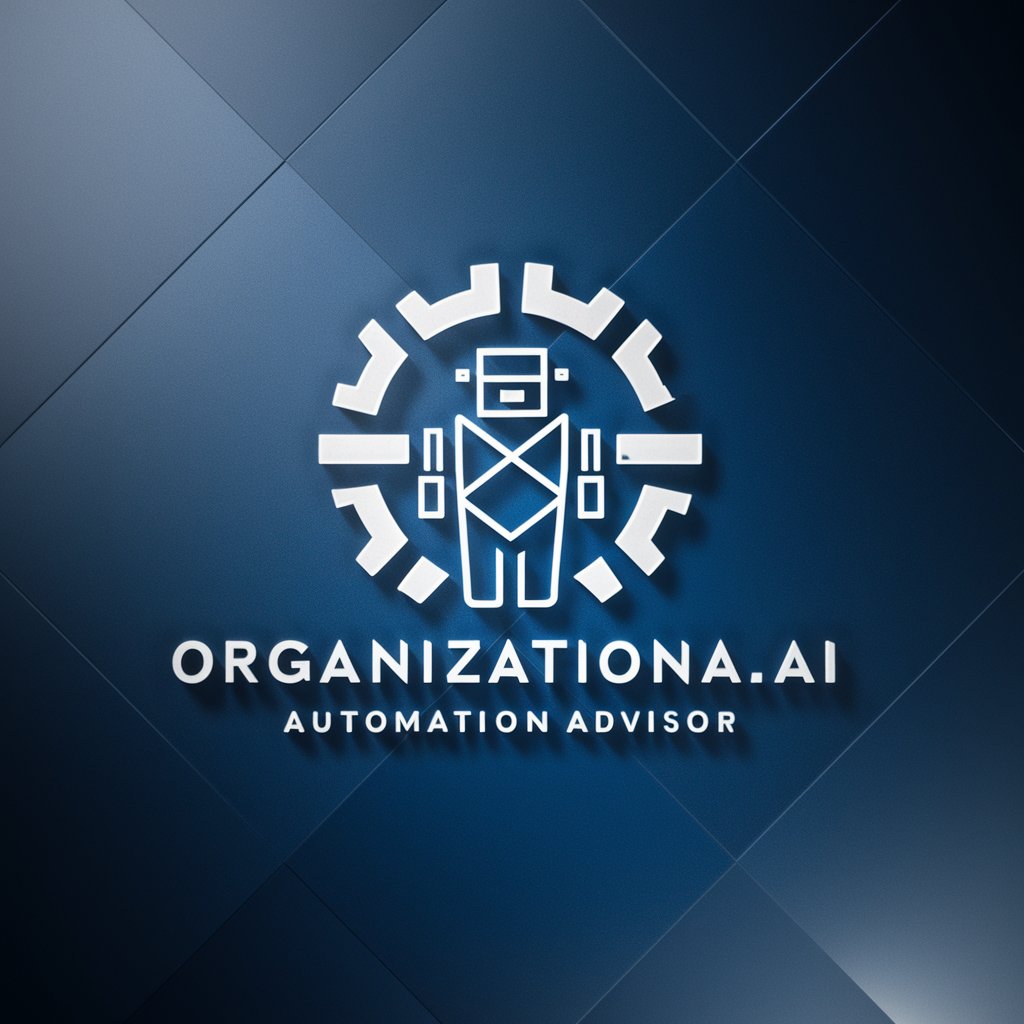
Network Ace
Empowering your network automation journey with AI.
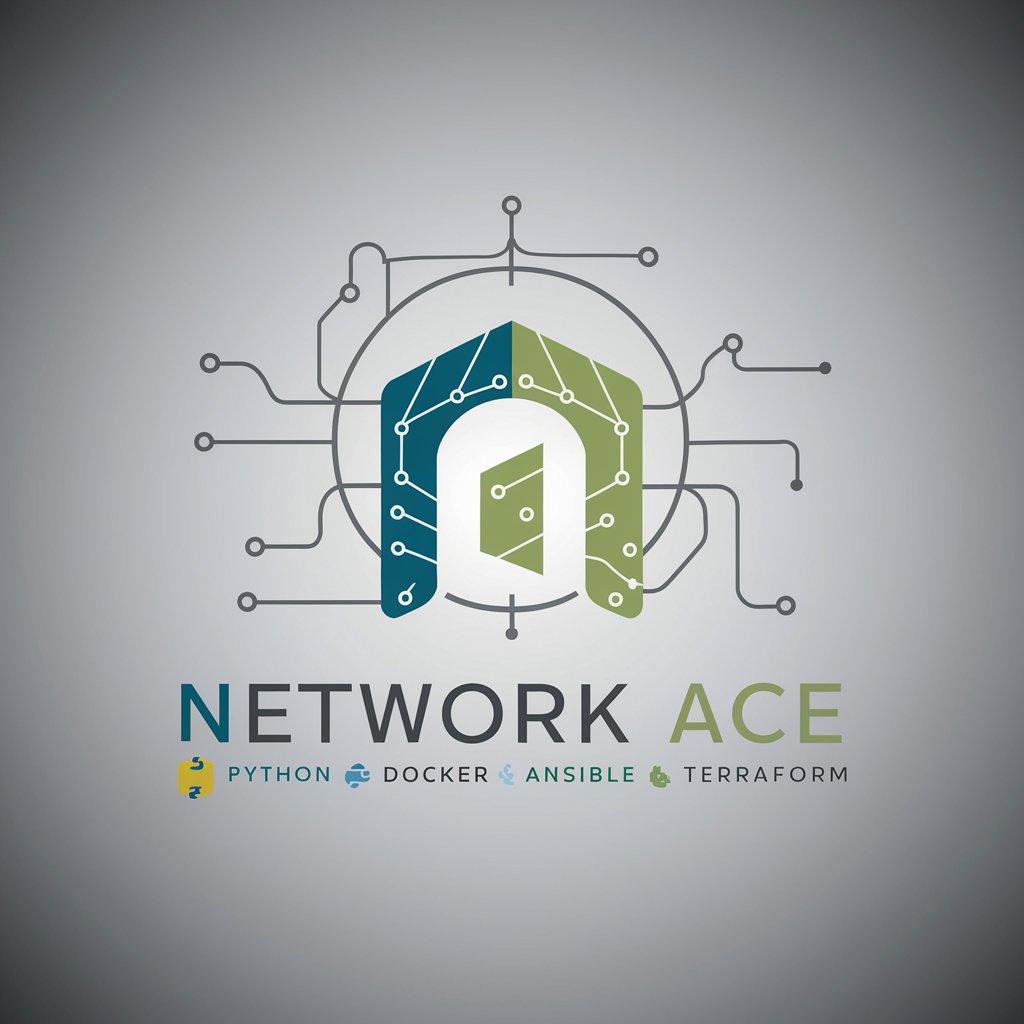
TerraGuide
Streamlining Terraform with AI

Serverless Framework Agent
Empowering serverless innovation with AI.
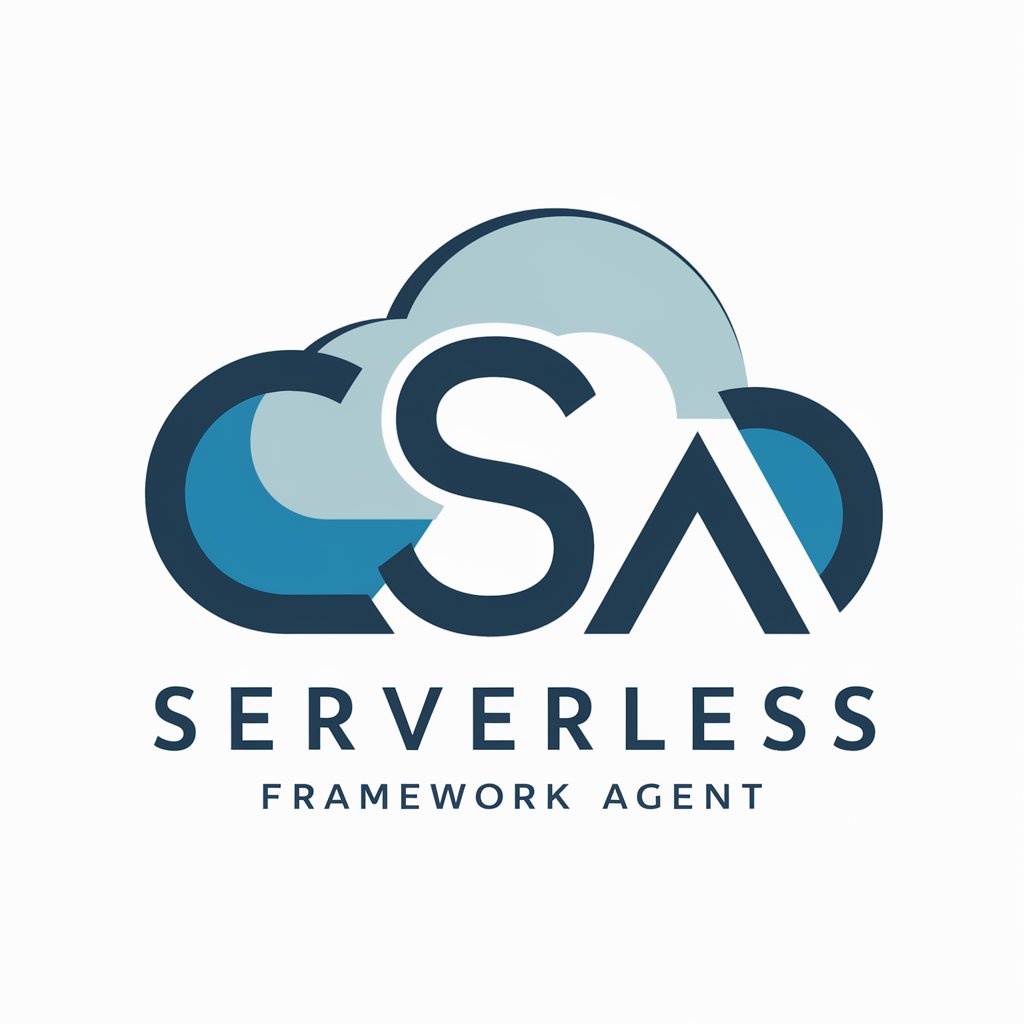
OOS运维模板顾问
Automate cloud operations with AI

Kubernetes Terraformer
Transform Kubernetes to Terraform effortlessly.
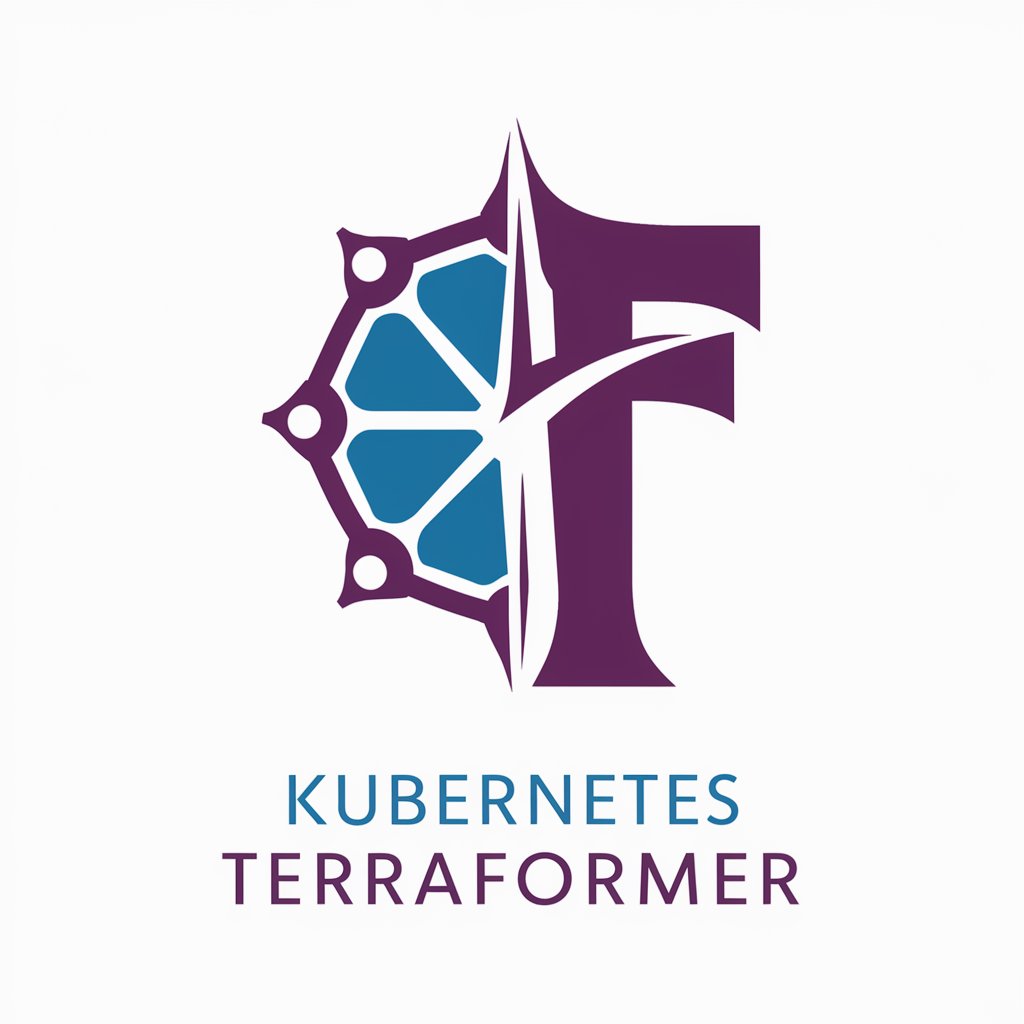
KubeCluster Orchestrator 🌐🔧
Automate Kubernetes with AI Power
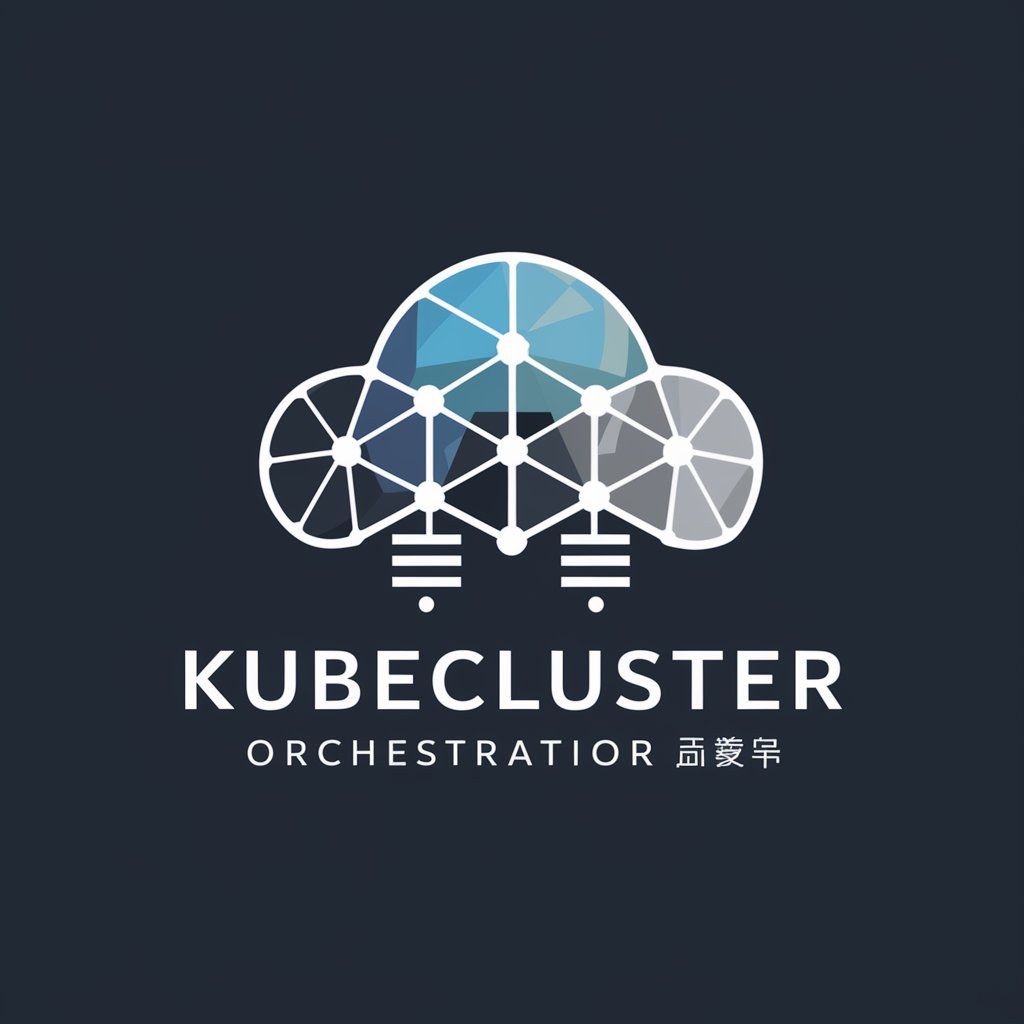
TerrAzure
Optimize Azure deployments with AI-powered Terraform scripting.
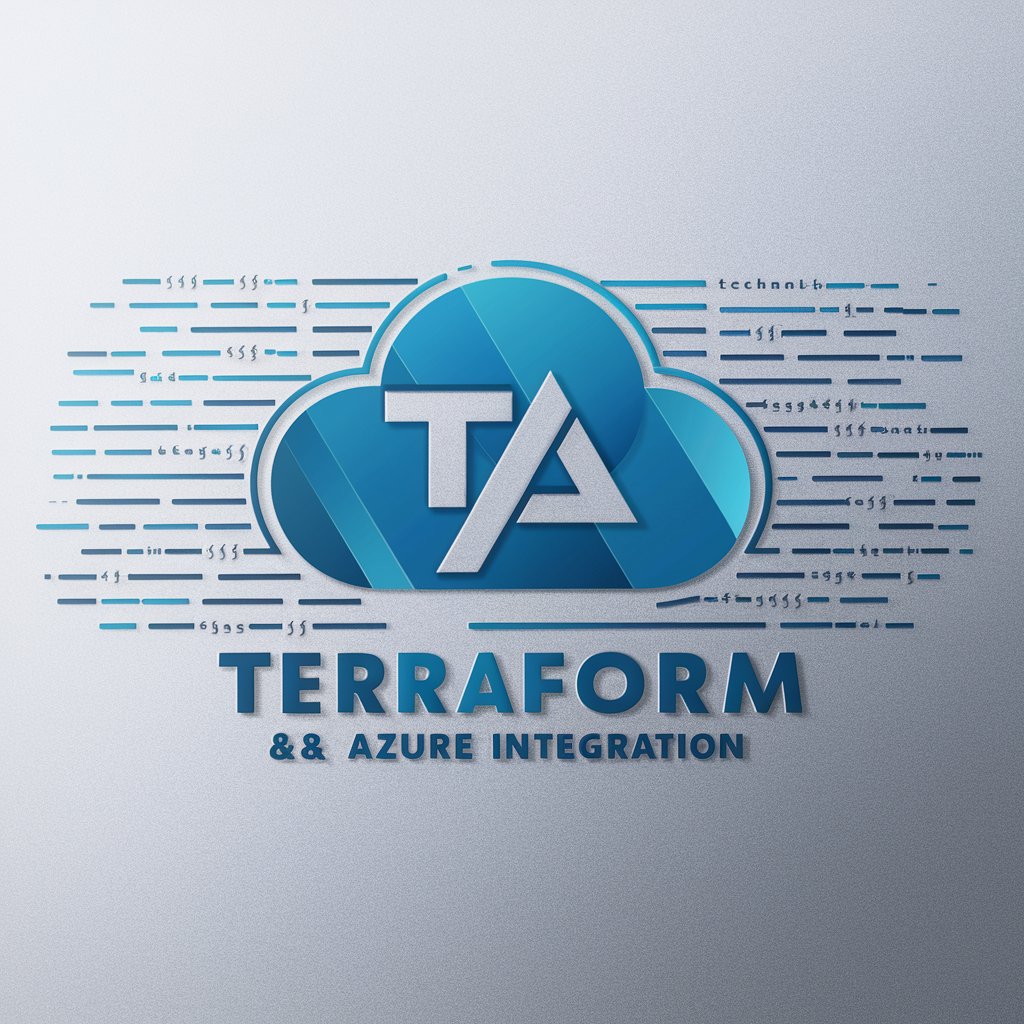
Key Characteristics and Abilities
AI GPTs for Cloud Automation stand out with their ability to learn and adapt to the cloud computing environment, offering features such as automated code generation for infrastructure setup, real-time optimization of resources, and predictive analytics for cost management. They can process natural language instructions to perform tasks, support technical troubleshooting, and facilitate web searches for cloud-related queries. Unique features include the ability to generate images or diagrams for infrastructure planning, perform detailed data analysis, and provide language translation for global teams, enhancing collaboration across diverse technological ecosystems.
Who Benefits from AI GPTs in Cloud Automation
These tools are invaluable to a broad audience, including cloud novices seeking to simplify cloud management, developers aiming to streamline deployment processes, and IT professionals looking for efficient ways to optimize cloud infrastructure. They cater to users without coding skills through user-friendly interfaces, while also offering advanced customization and automation capabilities for experienced programmers, thus democratizing access to cloud automation technologies.
Try Our other AI GPTs tools for Free
CI/CD Pipelines
Discover how AI GPTs revolutionize CI/CD Pipelines, offering tailored automation and optimization for seamless software development.
Visual Cooking
Discover the future of cooking with AI GPTs for Visual Cooking: your digital sous-chef for recipe inspiration, culinary creativity, and personalized cooking guidance.
Detection Methodology
Discover how AI GPTs revolutionize detection methodology with precision and adaptability, catering to novices, developers, and professionals seeking cutting-edge solutions.
Agile Implementation
Discover how AI GPTs for Agile Implementation revolutionize project management by automating tasks, enhancing collaboration, and providing data-driven insights for agile teams.
Salary Benchmarking
Discover how AI GPTs for Salary Benchmarking revolutionize salary analysis with real-time data, tailored insights, and user-friendly interfaces for all.
Cash Flow
Discover how AI GPTs for Cash Flow can transform your financial management with advanced forecasting, intuitive analysis, and seamless integration capabilities.
Further Exploration into AI GPTs and Cloud Automation
AI GPTs redefine cloud management by providing flexible, efficient solutions across various sectors. Their ability to integrate with existing systems, coupled with user-friendly interfaces, allows for streamlined operations and enhanced productivity. As these tools continue to evolve, they pave the way for innovative cloud automation strategies, making them indispensable for businesses looking to leverage cloud technology to its fullest potential.
Frequently Asked Questions
What exactly are AI GPTs for Cloud Automation?
AI GPTs for Cloud Automation are intelligent tools that automate tasks and processes within cloud environments using natural language processing and machine learning.
How do these tools adapt to different cloud environments?
They learn from interactions and data, allowing them to optimize their operations and tailor their functionalities to specific cloud environments and user requirements.
Can non-technical users benefit from AI GPTs for Cloud Automation?
Yes, these tools are designed with user-friendly interfaces that require no prior coding knowledge, making cloud automation accessible to a wider audience.
What kind of tasks can AI GPTs automate in the cloud?
They can manage a variety of tasks, including but not limited to infrastructure deployment, resource scaling, performance optimization, and predictive cost analysis.
Are there customization options for advanced users?
Yes, advanced users can customize and program these GPTs to perform complex, specific tasks, providing flexibility and control over cloud automation processes.
How do AI GPTs enhance cloud resource management?
They provide predictive analytics and real-time optimization, ensuring resources are efficiently utilized and costs are minimized.
Can AI GPTs for Cloud Automation integrate with existing cloud management tools?
Yes, they can be integrated with existing tools and workflows, enhancing their capabilities and providing a seamless automation experience.
What security measures are in place for these tools?
These tools are designed with security in mind, featuring encryption, access controls, and compliance with cloud security standards to protect sensitive data and infrastructure.